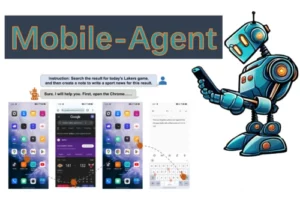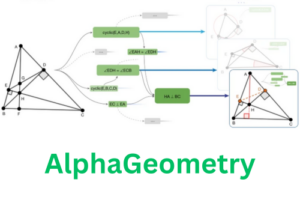
In 2019, a researcher from China named Li Bicheng published his views on utilizing AI to manipulate public opinion. A network of “intelligent agents”—an army of fake online identities controlled by artificial intelligence could act convincingly enough to create consensus on issues of significance to the Chinese Communist Party, such as how the country handles the COVID-19 outbreak. Li had previously stated in other pieces that China should strengthen its abilities to engage in “online information deception” and “online public opinion guidance.“
Li isn’t an outlier. He is, in reality, the ultimate insider, having spent a long time researching at the People’s Liberation Army’s top information warfare research lab. His concept of employing to manipulate social media was published in one of the premier academic publications of the Chinese military. He is linked to Base 311, the PLA’s sole known information warfare outfit. As a result, his posts should be considered as a foreshadowing of a coming of Chinese influence operations across the web.
As Meta recently revealed in its quarterly adversary threat assessment, Western internet platforms are already inundated with pro-Beijing propaganda produced by Chinese government-linked organizations. According to the Meta study, more than 500,000 Facebook users followed at least one of these bogus profiles in the larger Chinese network, which relied on click farms in Vietnam and Brazil to increase its reach. According to the allegation, the Chinese network has spent around $3,000 on marketing to promote its articles. However, it appears that this endeavor is still being led by humans and has had only minor real-world effects. This is supported by a recent State Department report on China’s influence efforts.
The impact of China’s social media manipulation will be both bigger in sheer volume and considerably cheaper, with presumably better, more credible content. Unlike the traditional approach, which involves hiring humans to work in content farms to create or otherwise post content and then spending money to boost and promote it across social media, the cost of generative AI is relatively fixed, and the scope is highly scalable: build it once and let it populate the web with content.
Chinese military researchers have been working on what they call “synthetic information” since at least 2005. Such data can be utilized for a variety of objectives, including creating “explosive political news” about opponents. For example, in 2017, China was accused of conducting a disinformation campaign claiming Taiwan’s government would rigorously monitor religious ceremonies, causing a political uproar on the island.
Similar Posts
-
Chinese Company DeepSeek Releases DeepSeek-Coder a LLM for Code Generation

-
Alibaba’s Mobile-Agent: A Smart Mobile Assistant

-
Grounded SAM: A Unified Model for Diverse Visual Tasks

-
Gaussian Head Avatar: High Quality Head Avatar Generator

-
Google DeepMind’s AlphaGeometry: Without Assistance Solving Olympiad Geometry Problems

-
OMG-Seg: A Unified Segmentation Model

